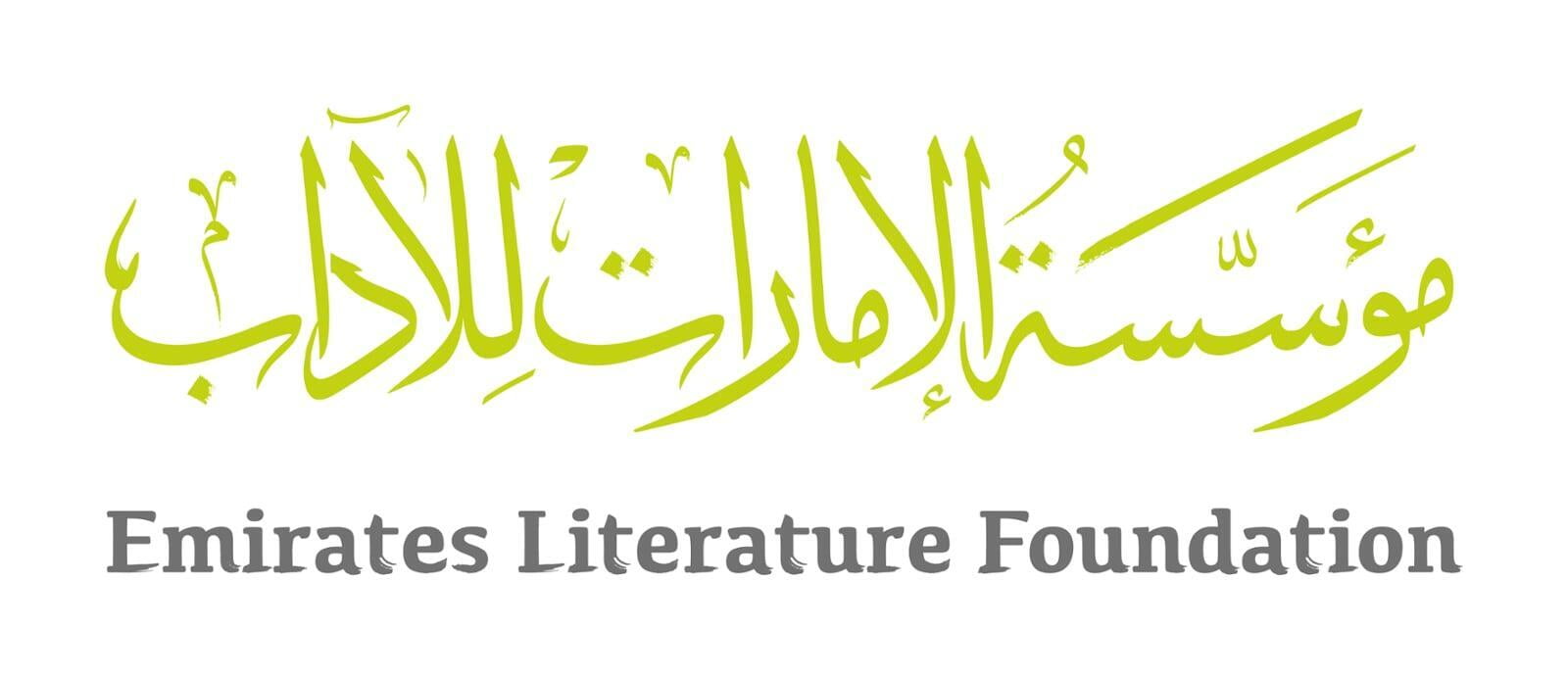Short of having judge Luigi Bonomi himself to coach you on what it takes to win the EAFOL’s Montegrappa Writing Prize, who better than to share some advice than two previous winners? On Saturday 17 th November, Jessica Jarlvi (runner-up, 2016) and myself (winner, 2013) got together to help interested contestants get their submissions into shape in a 2.5-hour workshop, which ended with one-on-one feedback for every participant. We covered the following topics: what agents are looking for; what is a synopsis and why you need one; how to write a synopsis; how to write an elevator pitch; how to hook the reader with your opening sentence; where to start your story; plot development, planning and editing; show don’t tell; common mistakes; and things we wish we’d known when we entered the Montegrappa Writing Prize. The competition is a fantastic way to get your work seen and judged by top London literary agent, Luigi Bonomi, who offers help and advice to the winners. Once you’ve caught his eye with your dazzling work, there’s potential for him to take you on as a client and try to secure you a book deal, so you’ve everything to play for. Contestants must submit a 400-word synopsis and the first 2,000 words of their manuscript. For those still thinking about entering, these are some of our tips: For the synopsis:
- Use this to tell Luigi (or the agent or publisher to whom you’re submitting) the type of book you’re writing, and its setting, key characters and plot, in a concise way.
- Use it to show that you can write, and that you know what your story’s about.
- Don’t try to write a synopsis by condensing your entire manuscript into 400 words: start with a one-sentence elevator pitch and add layers to it.
- Include plot twists and the ending: any agent or publisher you submit to will want to know how the plot and characters develop.
- Focus on clarity: remember that anyone reading it is coming to it with absolutely no prior knowledge of you, your book’s setting or the plot.
- Make each word count: don’t confuse your reader with unnecessary characters or details.
- Grab your reader with a brilliant first sentence: pose some sort of a question that leaves your reader desperate for more. Try to give them the ‘boom-boom’ heart or the ‘OMG’ moment that means they simply have to carry on reading.
- Open mid-scene, not with slow description, scenery, weather or back story aka the ‘data dump’.
- Pick the right scene with which to open: choose the last possible moment at which you can jump into your story; if you’re unsure, try cutting your first scene and opening with the next one.
- Show your story, don’t tell it. In the words of Anton Chekhov, ‘Don’t tell me the Moon is shining, show me the glint of light on broken glass.’ Drop your reader into the character’s body and use all five senses to show what’s happening.
